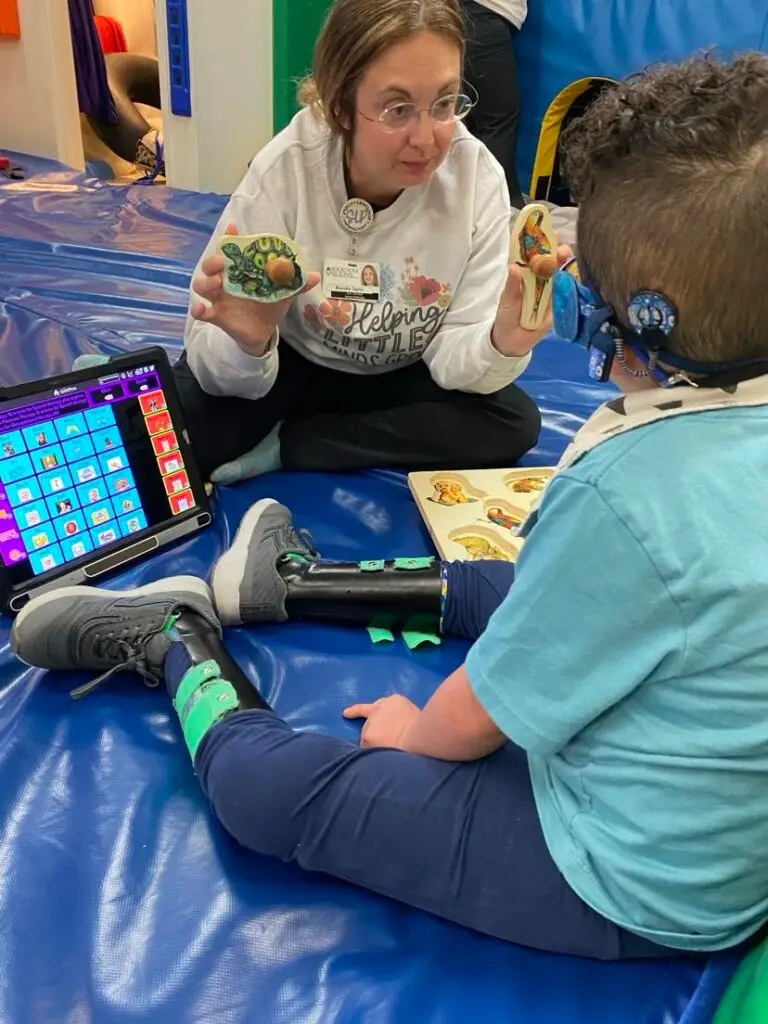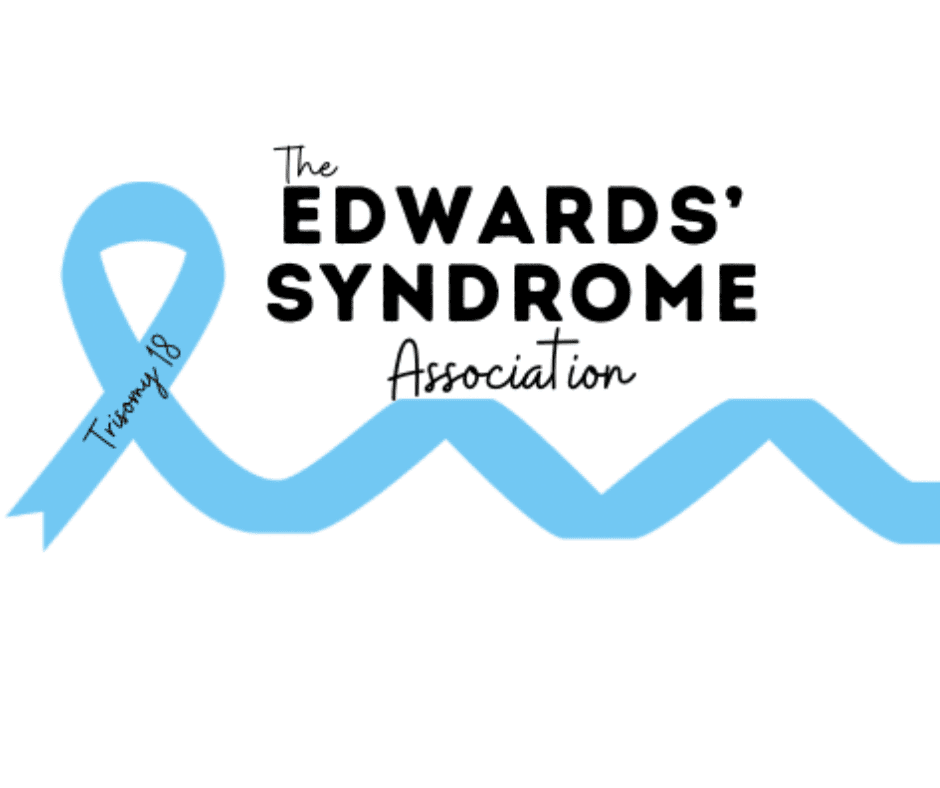Speech Therapy
Speech therapy is an effective approach for assisting individuals with communication difficulties. It aims to enhance pronunciation, enunciation, articulation, and the muscles needed for speech, thereby improving language proficiency. Speech Language Pathologists (SLPs) provide thorough assessments to tailor interventions to each individual’s needs. They also address practical needs like safe swallowing and feeding and offer Alternative Augmentative Communication (AAC) devices training.
For children with Trisomy 18, speech therapy is particularly beneficial. These children often face significant developmental delays and physical challenges that impact their ability to communicate. SLPs work to improve oral motor skills, enhance feeding and swallowing safety, and develop alternative communication methods, enabling these children to express their needs and interact with their environment. Through a comprehensive and individualized approach, speech therapy helps children with Trisomy 18 achieve their communication potential and improve their quality of life.

Primary Categories of Speech Therapy
Speech therapy encompasses various areas, each targeting different aspects of communication and swallowing. Here are the nine primary categories:
1. **Articulation Therapy**: Focuses on helping individuals produce sounds correctly. It addresses issues with specific sounds or sound patterns.
2. **Language Therapy**: Involves treating language disorders that affect understanding and using language, including grammar, vocabulary, and sentence structure.
3. **Fluency Therapy**: Targets fluency disorders, such as stuttering, to improve the smoothness and flow of speech.
4. **Voice Therapy**: Deals with voice disorders that affect the pitch, volume, or quality of the voice, such as hoarseness or vocal cord nodules.
5. **Receptive Language Therapy**: Aims to improve the ability to understand and process spoken or written language.
6. **Expressive Language Therapy**: Focuses on enhancing the ability to use language to express thoughts, needs, and ideas.
7. **Social Communication Therapy**: Works on improving pragmatic language skills, including the social aspects of communication like taking turns in conversation and understanding nonverbal cues.
8. **Cognitive-Communication Therapy**: Addresses cognitive aspects of communication, such as memory, attention, problem-solving, and executive functions.
9. **Swallowing Therapy (Dysphagia Therapy)**: Helps individuals with swallowing disorders, ensuring safe and efficient swallowing to prevent choking and aspiration.
- National Association of the Deaf (NAD) – American Sign Language Information (ASL) – https://www.nad.org/resources/american-sign-language/what-is-american-sign-language/
- American Speech – Language Hearing Association –https://www.asha.org/public/
